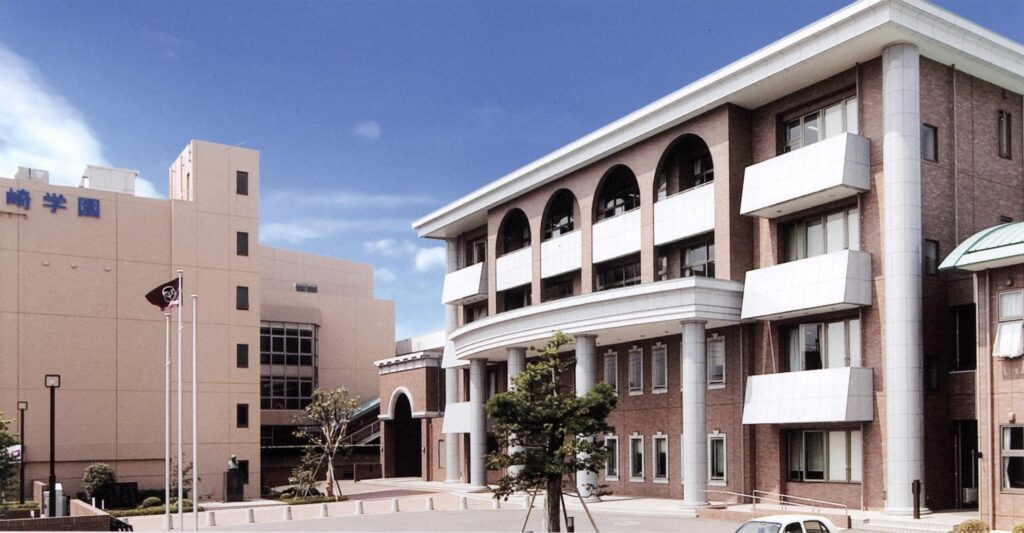
| Location | 3, Showa-cho, Miyazaki-shi, Miyazaki |
|---|---|
| TEL. | (+81)98-523-5318 |
| Website | https://www.miyagaku.ed.jp/ |
| Membership | 2022 |
2024 Annual Report
Disaster reduction/prevention, International understanding, Peace, Human rights, Gender equality, Global Citizenship Education (GCED)
Our school upholds the founding spirit of “Respect and Diligence” as theeducational philosophy . Based on this spirit, we emphasize “Respect,” which involves considering others and valuing both oneself and others, and “Diligence,” which involves putting forth one’s utmost effort and striving to the best of one’s ability in everything. These principles are linked to education for sustainable development, which promotes peace, human rights, global citizenship, and coexistence (understanding different cultures and respecting diversity). They serve as the foundation for developing students with a global perspective who can act proactively to create a harmonious society.
Annual Work Plan
Our school upholds “Respect and Diligence” as its founding spirit and provides education that emphasizes peace, human rights, and coexistence as global citizens. Continuing from last year, we have expanded lessons and activities focused on multicultural coexistence and global citizenship, aiming to create a society where people from different cultures and backgrounds can live together. Through these activities, students are cultivating an attitude of respect for others and actively addressing issues in both local and international communities.
In future activities, we will deepen our focus on disaster preparedness, aiming to nurture students who can serve as leaders in the community during times of disaster. Specifically, we plan to spread disaster preparedness knowledge at local multicultural coexistence events and raise awareness about disaster preparedness during intercultural exchange activities. Additionally, in disaster drills, we will promote collaboration with local residents and foreign nationals, aiming to build a cooperative system for disaster response. Through these activities, students will practice the concept of “living together” and develop the ability to act proactively towards the realization of a peaceful and sustainable society.
No related reports available in English.
